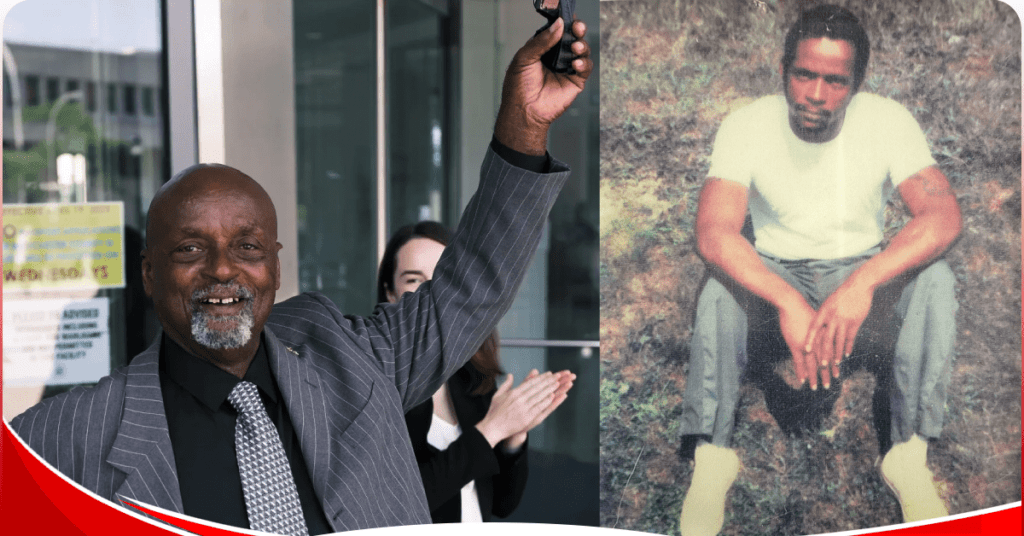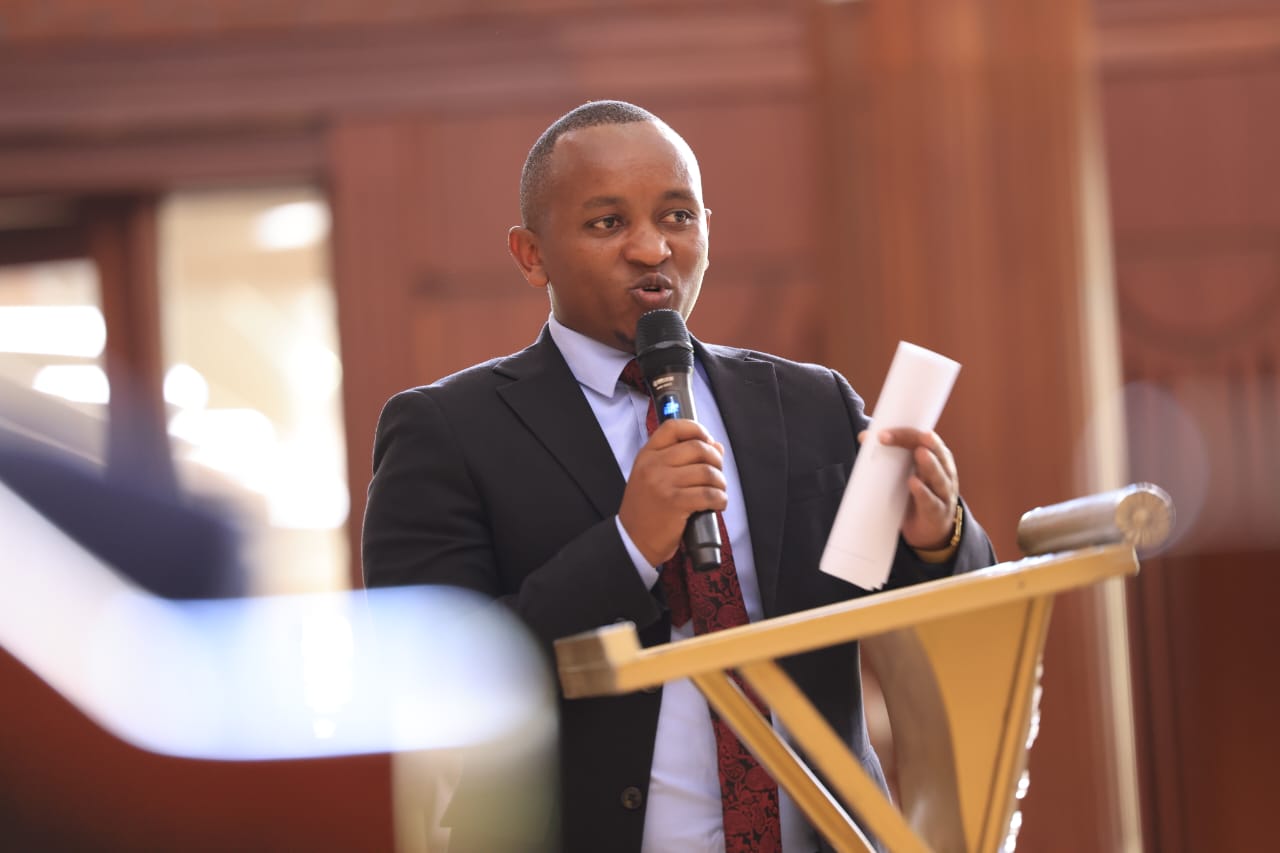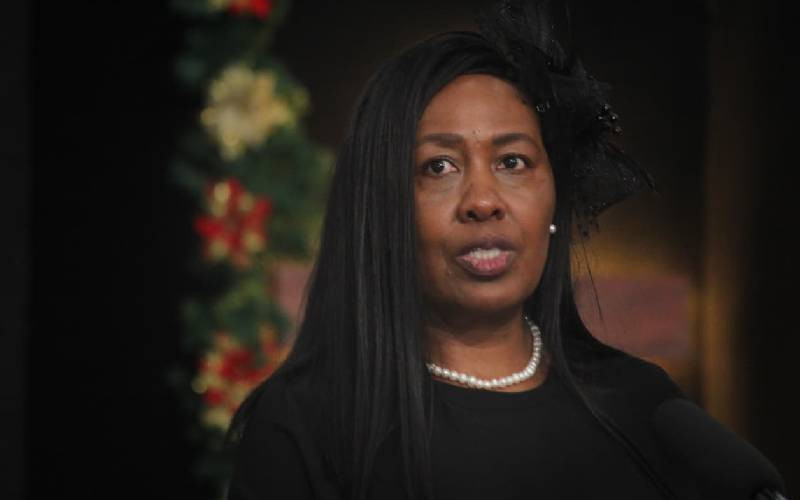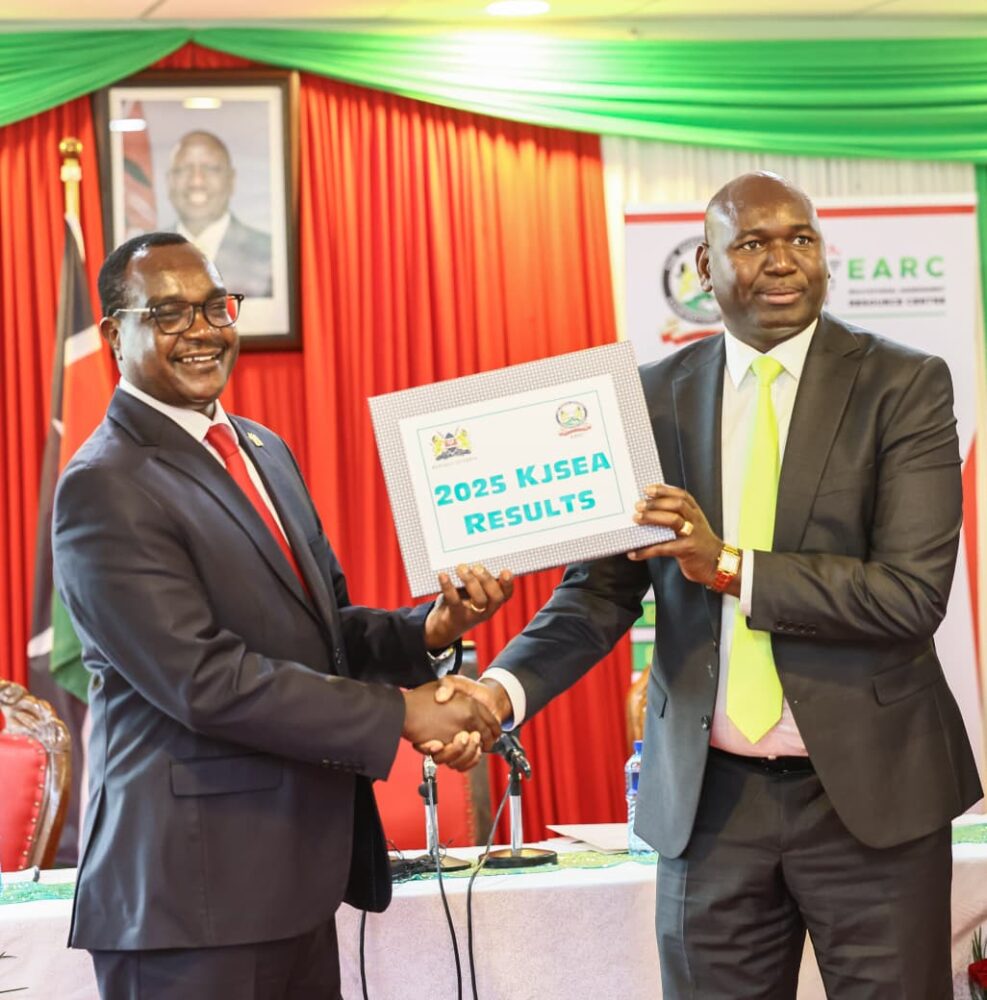A man in United States (U.S) who served seven and a half years in prison for a rape he did not commit is now a free man.
Leonard Mack has been cleared 47 years later after new DNA evidence emerged.
The now 72-year-old Mack was arrested in 1975 in Greenburgh, New York, after a teenage girl walking home from school was raped.
A Black man with earring
Hours after the attack, Mack was arrested by then-Westchester County Parkway Police on the Bronx River Parkway who indicated that he fit a suspect description of a Black man with an earring and wearing a hat.
After an investigation conducted by the Parkway Police and the Greenburgh Police Department, Mack was charged with rape, and other related charges.
DNA evidence was not available at the time, and Mack could not prove his innocence.
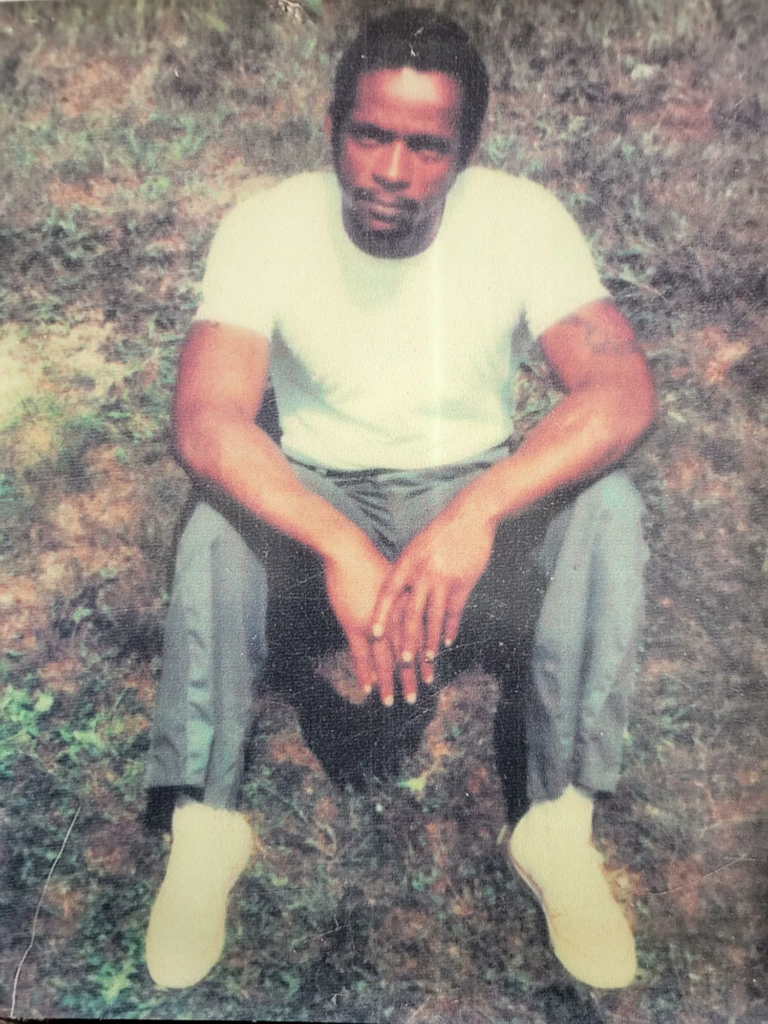
DNA testing saves Leonard Mack
However, the Conviction Review Unit (CRU) investigation included new DNA testing that conclusively excluded 72-year-old Mack as the perpetrator.
The evidence has since identified a convicted sex offender, who has now confessed to the rape.
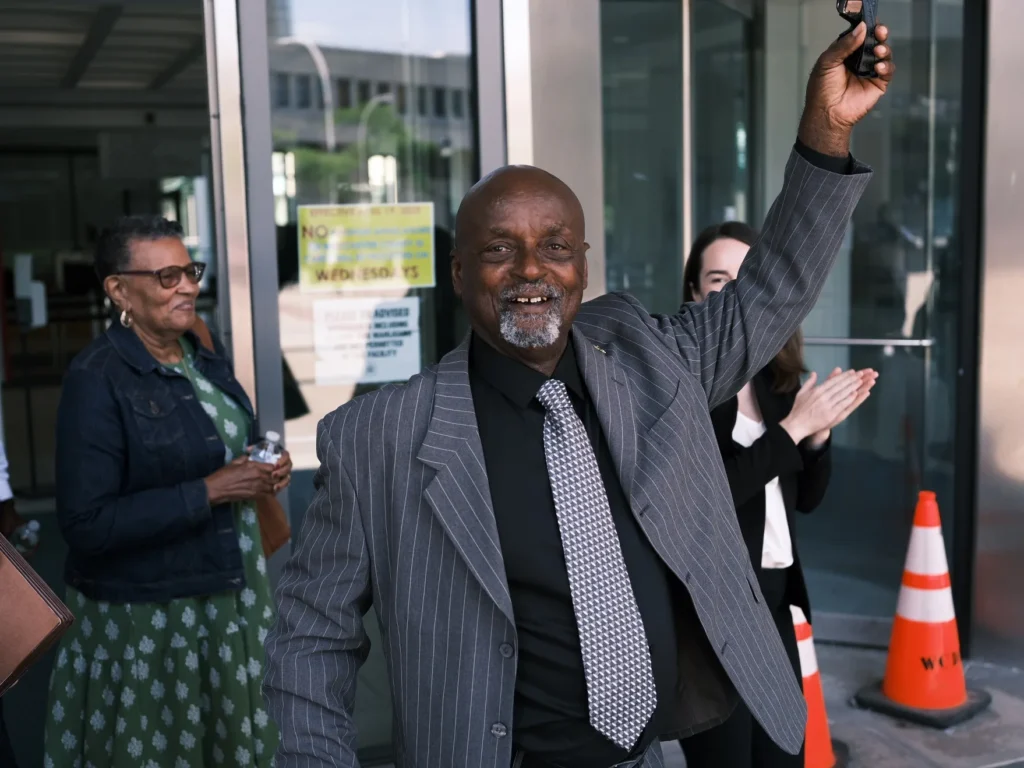
New York’s statute of limitations bars the prosecution of this individual for the 1975 crime.
However, he is currently being prosecuted for failing to register as a sex offender related to the 2004 sex crime.
He remains in custody.
Longest wrongful conviction in U.S history
This would be the longest wrongful conviction in U.S. history to be overturned by new DNA evidence, according to the Innocence Project, the national litigation and criminal justice policy reform organisation dedicated to exonerating the wrongfully convicted.
“We were able to prove Mr. Mack’s innocence, in large part, due to our independent Conviction Review Unit’s commitment and Mack’s unwavering strength fighting to clear his name for almost 50 years,” Westchester District Attorney Miriam E. Rocah said in a statement.
“Mack has lived with the stigma of this wrongful conviction for nearly five decades. His courage and determination are why we now have indisputable scientific evidence that proves he is innocent. Mack’s case had many of the hallmarks of a wrongful conviction, including multiple witness misidentifications,” Susan Friedman, the Innocence Project’s attorney for Mack said.


